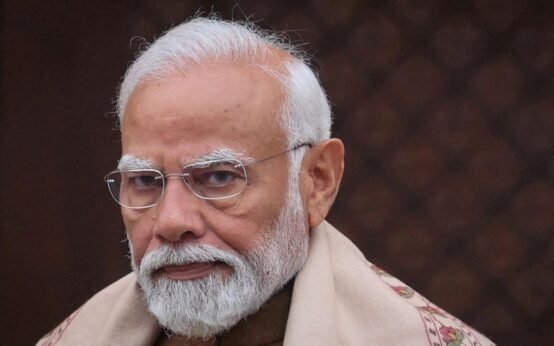Indian football once again finds itself on the edge of crisis, as FIFA has raised concerns that the All India Football Federation may be suspended due to ongoing governance disputes and alleged third-party interference. If the ban comes into effect, it would mark the second time in just three years that India faces such global embarrassment, raising fears about the long-term credibility of football in the country.
FIFA concerned about political interference in Indian football federation
FIFA has long maintained that national football associations must remain free from third-party control, including political, legal, or judicial interference. In India’s case, the AIFF has repeatedly faced disputes over its elections, administrative setup, and governance model. Reports suggest that FIFA has flagged political influence and court interventions as serious violations of its statutes.

This concern is not new. FIFA’s relationship with the AIFF has been uneasy for years, and each time the federation struggles with leadership disputes, the global governing body steps in to remind Indian officials of their responsibilities.
India’s 2022 FIFA suspension and its aftermath
The current threat immediately recalls the events of 2022, when FIFA suspended the AIFF after the Supreme Court of India dissolved its executive committee and appointed a Committee of Administrators to oversee football affairs. FIFA interpreted this as direct third-party interference.
That suspension, although brief, shook Indian football. FIFA barred national teams from playing international matches, and the country came close to losing its right to host the Under-17 Women’s World Cup.
Long-standing governance disputes continue to hurt AIFF’s credibility
The AIFF has been criticized for years over its governance model. Delays in holding elections, disagreements between administrators, and lack of accountability have created repeated crises. Critics argue that the federation often prioritizes internal politics over the development of the sport.

Many experts argue that even when the AIFF introduced reforms, it did so half-heartedly and failed to confront deeper structural problems. Transparency in decision-making, proper representation of state associations, and stronger grassroots investment remain areas where Indian football lags behind global standards.
Stakeholder Points on growing frustration among football community
The news of a possible FIFA ban has triggered strong reactions from different corners of Indian football. In response, players, coaches, and clubs have expressed deep frustration, emphasizing that administrative issues continue to overshadow the game itself. Moreover, several former Indian internationals have spoken publicly, urging the AIFF and government authorities to set aside political disputes and prioritize the sport’s growth.
Their collective outcry, in turn, underscores a growing demand for accountability and reform within Indian football’s governing structures. Furthermore, it reflects a deeper frustration with years of mismanagement where, time and again, institutional inertia has stifled progress and alienated key stakeholders.
Fans on social media have criticized the situation, arguing that institutions continue to prioritize cricket while neglecting football. Their anger, moreover, reveals a broader frustration: poor leadership has repeatedly undermined India’s footballing potential.
FIFA’s strict stance on third-party influence
FIFA’s warning to India is consistent with its global policy. Over the years, the organization has suspended other nations—including Nigeria, Pakistan, and Kuwait for similar issues of government or court interference in football administration. By enforcing such bans, FIFA aims to protect the autonomy of the sport worldwide.
For India, which is trying to strengthen its international presence, another suspension would send the wrong message to the global football community. It could make international partners and investors more hesitant to support Indian football initiatives


 Shark Tank India Season 5 Returns with New Judges and Exciting Startups
Shark Tank India Season 5 Returns with New Judges and Exciting Startups  India Snubs Mohsin Naqvi During U19 Asia Cup Final Trophy Presentation Against Pakistan
India Snubs Mohsin Naqvi During U19 Asia Cup Final Trophy Presentation Against Pakistan  Does India Need More Than One S Jaishankar? Foreign Minister Draws Hanuman Parallel at Pune Literature Festival
Does India Need More Than One S Jaishankar? Foreign Minister Draws Hanuman Parallel at Pune Literature Festival  India Wary as US Backs Pakistan With F-16 Upgrades and Mineral Projects
India Wary as US Backs Pakistan With F-16 Upgrades and Mineral Projects  HYBE Aims to Turn India Into a Global Music Hub
HYBE Aims to Turn India Into a Global Music Hub  Heated debate as Modi “Macaulay mindset” remarks draw sharp responses in media
Heated debate as Modi “Macaulay mindset” remarks draw sharp responses in media